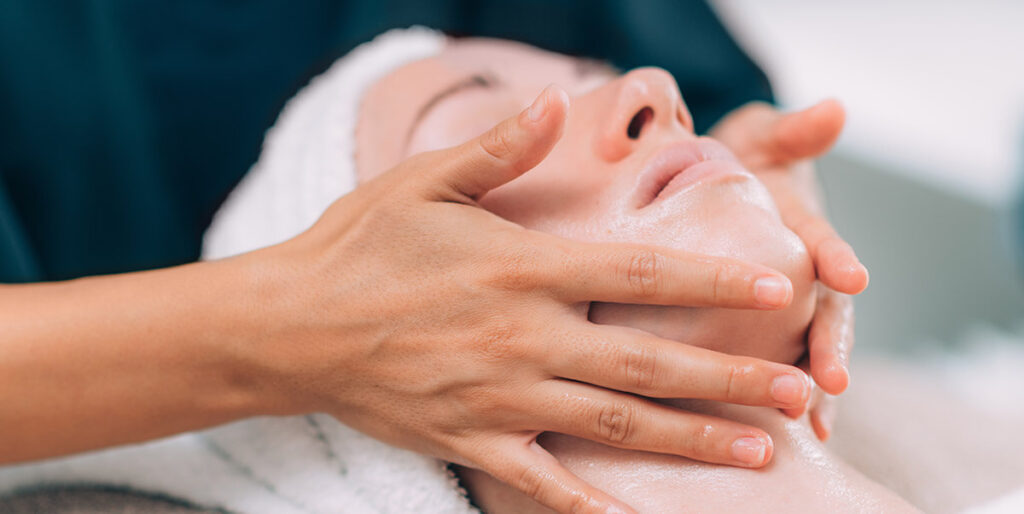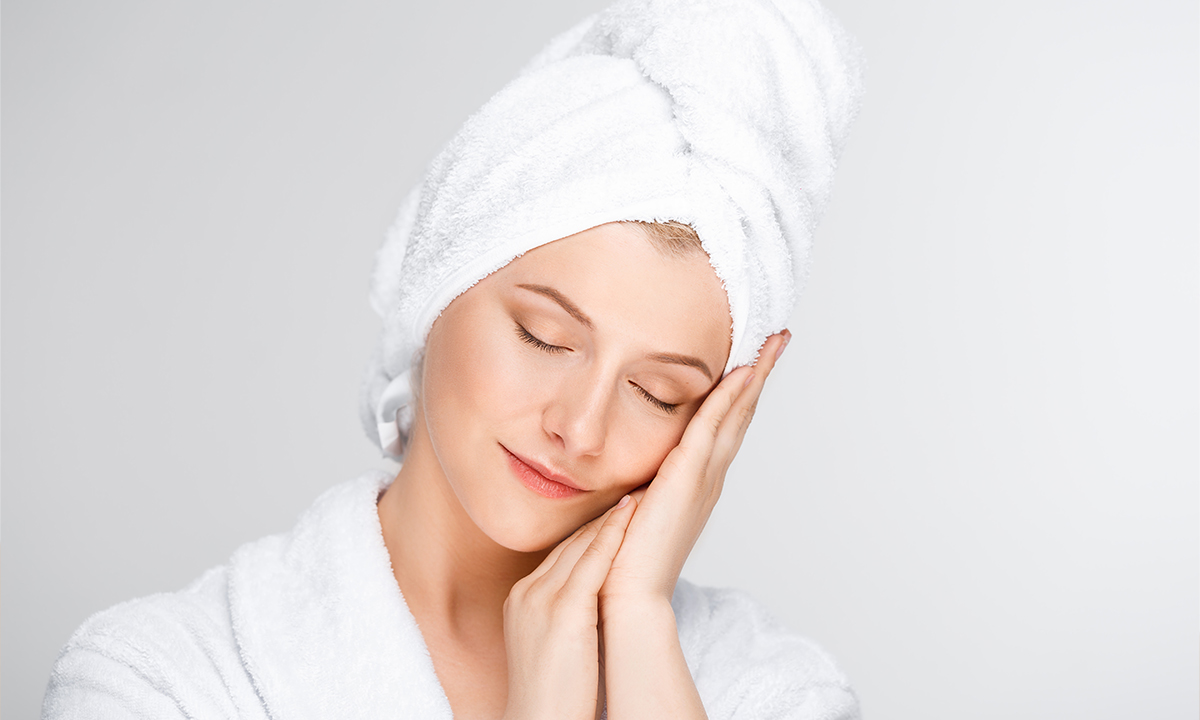How to Treat Fungal Acne on Body: Essential Techniques and Tips
Fungal acne is a common skin concern, especially for those who are prone to oily skin or who frequently sweat. This condition can occur anywhere on the body but often presents on the back, chest, or shoulders. As a beautician, understanding how to treat fungal acne on body is essential for helping your clients achieve clear skin.
In this article, we will delve deep into the causes, symptoms, and treatments for fungal acne. By arming yourself with knowledge and practical solutions, you will be better prepared to provide your clients with the best care possible.

Understanding Fungal Acne
Before we jump into treatment, let's examine what fungal acne is. Unlike traditional acne caused by excess oil and clogged pores, fungal acne is triggered by an overgrowth of yeast, particularly Malassezia. This type of acne often leads to small, itchy, red bumps that mimic pimples but are more concentrated and often appear in clusters.
Symptoms of Fungal Acne
- Itchy skin
- Red or inflamed bumps
- Pustules that can appear similar to acne
- Clusters of bumps often found in areas prone to moisture
Causes of Fungal Acne
Understanding the underlying causes can significantly aid in prevention and treatment. Fungal acne can be exacerbated by several factors:
- Humidity and Temperature: Warm and humid environments provide the perfect breeding ground for yeast.
- Excessive Sweating: Sweat can create a haven for the yeast to thrive, especially if not washed away properly.
- Oily Skin: Overactive sebaceous glands can lead to an increase in oil, which contributes to fungus growth.
- Antibiotics: Using antibiotics can disturb the natural balance of bacteria and yeast on the skin.
How to Treat Fungal Acne on Body
Now that we understand the nature of fungal acne, lets discuss how to treat it effectively.
1. Topical Treatments
Using antifungal creams or lotions is one of the most direct methods to tackle this condition. Some options include:
- Clotrimazole: This topical antifungal cream can help eliminate yeast overgrowth.
- Miconazole: Often available in various forms, it's effective in treating fungal infections.
2. Oral Medications
In severe cases, a dermatologist may prescribe oral antifungal medications such as fluconazole. These medications work to eliminate the infection from within, making them more effective for widespread or stubborn cases.
3. Proper Hygiene Practices
Maintaining an excellent hygiene routine is crucial. Here are a few practices to follow:
- Shower immediately after exercising or sweating.
- Use antifungal body washes containing ingredients like ketoconazole or zinc pyrithione.
- Avoid wearing tight clothing that can trap moisture.
4. Avoiding Triggers
Preventing fungal acne can be as important as treating it. Here are some triggers to watch out for:
- Limit the use of oil-based skincare products.
- Avoid prolonged exposure to humid conditions.
- Make sure to change out of wet clothes quickly.
When to See a Dermatologist
If home remedies and over-the-counter treatments are not yielding results, it may be necessary to consult with a dermatologist. They can perform a skin examination and offer tailored treatment options based on the severity of the condition.

Frequently Asked Questions
What ingredients should I look for in body wash for fungal acne?
Look for body washes containing antifungal ingredients such as salicylic acid, ketoconazole, or zinc pyrithione. These can help combat yeast growth effectively.
Can fungal acne be confused with regular acne?
Yes, fungal acne shares symptoms with regular acne, but it's typically characterized by small, itchy, red bumps that appear in clusters. A healthcare professional can help differentiate between the two.
How long does it take to treat fungal acne?
Treatment duration can vary widely, but most people see improvement within two weeks of consistent treatment and lifestyle changes.
Incorporating the right treatments and preventive measures can make a significant difference in managing and treating fungal acne. For more information about body-related skin issues, feel free to read about how acne affects the body, or visit health for additional insights. Stay informed, and help your clients achieve clear and healthy skin!

